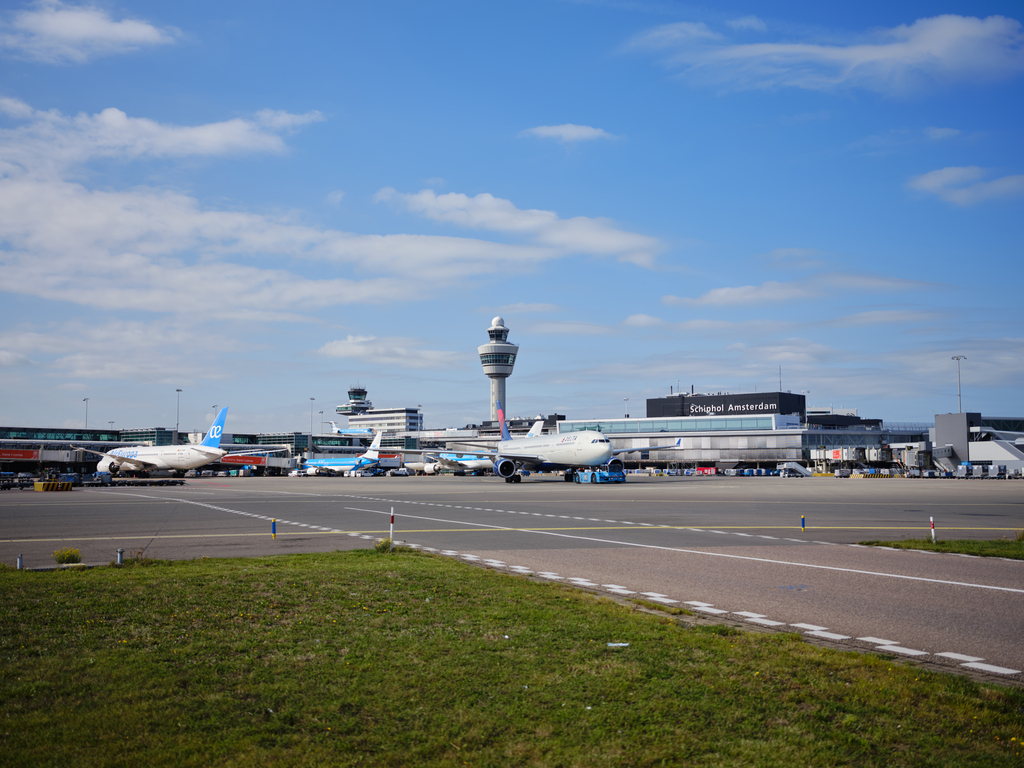Several major airlines are coming together to challenge the judgement of the Amsterdam Court of Appeal regarding the proposed implementation of a temporary experimentation rule affecting flight numbers at Schiphol.
Among the airlines participating in this action are industry giants like Delta Air Lines, the KLM Group (comprising KLM Royal Dutch Airlines, KLM Cityhopper, Martinair, and Transavia), United Airlines, JetBlue, easyJet, Corendon, TUI fly.
The move to challenge is supported by several influential trade associations such as the International Air Transport Association (IATA), representing 300 airline members worldwide, and Airlines for America (A4A), which speaks for 10 U.S. airlines.
Supporting this joint initiative are airline industry associations BARIN, Air Cargo Netherlands (ACN), Airlines for Europe (A4E), and the European Regions Airline Association (ERA).
Schiphol Airport – Call for Certainty
The reason behind this collective action is the current judgement by the Amsterdam Court of Appeal, which has given rise to a lack of clarity and uncertainty within both the passenger community and the aviation sector.
The main concern revolves around the ambiguous implementation of the experimental scheme, its enforcement mechanism, and most importantly, its potential impact on the number of aircraft movements at Schiphol – one of the busiest airports in the world.

Conflicting with Regulations
Adding to the complications, the airline collective says that the Appeals Court judgement appears to conflict with not only national regulations but also European and international laws governing aviation.
This misalignment raises serious concerns for all parties involved and makes it imperative to seek a definitive resolution.
The Significance of Clarity
The aviation industry is no stranger to complexity and challenges, but clarity is of paramount importance when making decisions that impact millions of passengers and the operations of numerous airlines.
Without a clear understanding of the implications of the experimental rule, it becomes challenging for airlines to adjust their operations accordingly. Moreover, passengers may face confusion regarding their travel plans, leading to a potential decline in overall trust and confidence in air travel.
The Need for Collaboration
In such matters of legal consequence, collaboration between airlines, industry associations, and relevant stakeholders becomes essential. By joining forces, these airlines and organizations aim to present a united front, emphasizing the significance of addressing this issue promptly.
Seeking Legal Redress through Cassation Proceedings
Cassation proceedings offer a recourse for parties aggrieved by a legal decision to seek its annulment or review by a higher judicial authority. In this case, the airlines are leveraging this legal avenue to challenge the Amsterdam Court of Appeal’s judgement on Schiphol Airport.
Through this process, they aim to present their arguments and evidence to demonstrate the implications of the ruling and its potential adverse effects on the aviation sector.
The Importance of Regulatory Compliance
Air travel operates within a framework of carefully crafted regulations that prioritize safety, efficiency, and environmental sustainability.
Any ruling that raises questions about compliance with these regulations needs to be thoroughly evaluated to ensure the continued smooth functioning of the aviation industry.
You may also be interested in: US airlines to support Boeing-NASA Sustainable Flight Demonstrator project.

